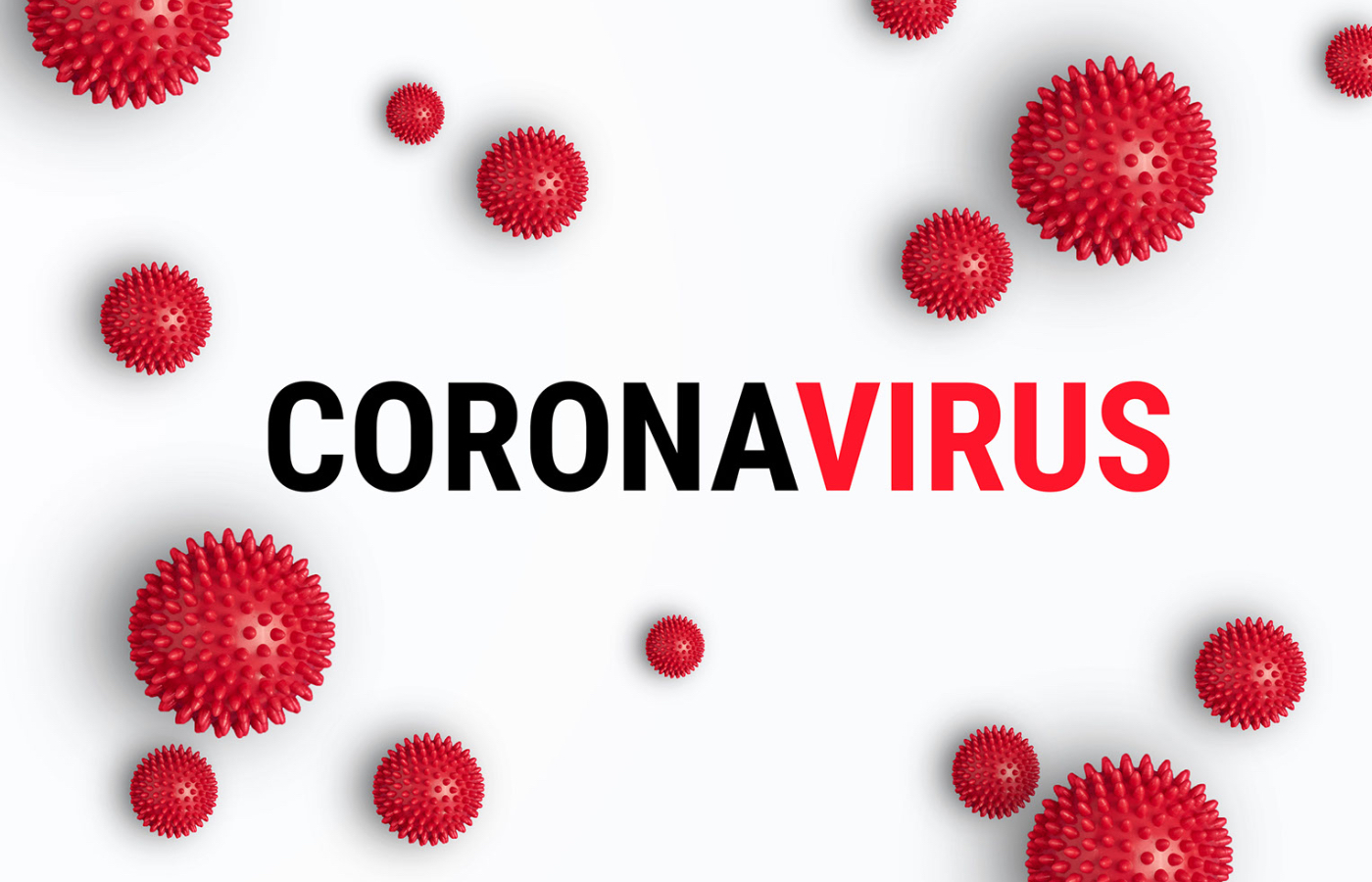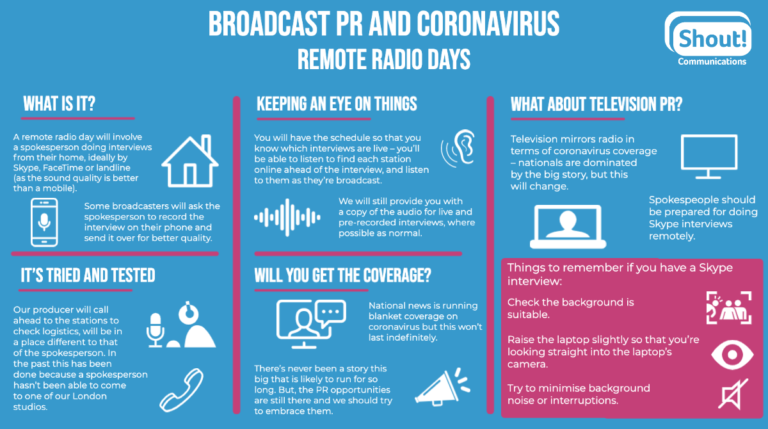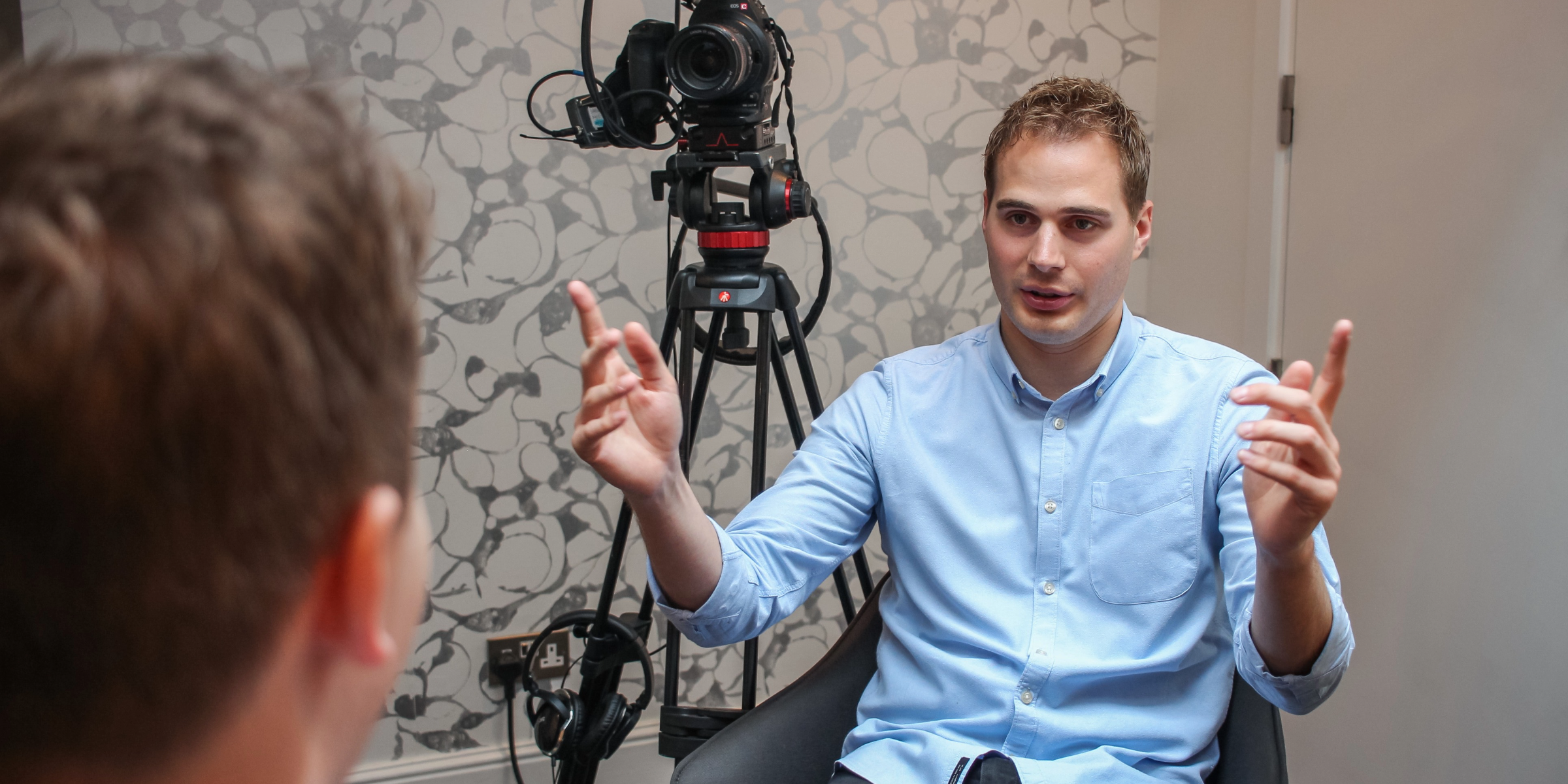Ordinarily, the back to back interviews that make up our radio days are conducted from our studio in Bloomsbury, Central London. But we are currently not living ordinary lives and, as the UK follows large parts of Europe in restricting everyday business, we are adapting too. As I write this, we are still producing radio days from our studio, albeit with some extra touches. You’ll find we’re very hygiene conscious, wiping down mics and headphones, in addition to all switches, handles and surfaces. This is in addition to our normal cleaning practices of course.
What is a remote radio day?
A remote radio day will involve a spokesperson doing interviews from their home, ideally by Skype, FaceTime or landline (as the sound quality is better than a mobile). Some broadcasters will conduct the interview over a mobile phone but will ask the spokesperson to press the button on their audio notes and record the interview too. Once it’s finished, they’ll be asked to send the audio file to the journalist to use. The reason for this is, if done correctly, it is better quality sound.
Broadcasters are willing to do this because they too are restricting social interaction and want fewer guests coming into their studios.
It’s tried and tested
Actually, we’ve remote produced a radio day many times before. By this I mean our producer, who calls ahead to the stations to check logistics, will be in a place different to that of the spokesperson. In the past this has been done because a spokesperson hasn’t been able to come to one of our London studios.
Aside from this, the only thing we do differently is allow a few more minutes between interviews, just as it takes longer to make a phone call to the spokesperson than speak from a green room to a sound booth.
Keeping an eye on things
You will have the schedule so that you know which interviews are live – you’ll be able to listen to find each station online ahead of the interview and listen to them as they’re broadcast. We will still provide you with a copy of the audio for live and pre-recorded interviews, where possible as normal.
Another suggestion is to get your spokesperson to speak to the broadcaster on a landline, but have you listening in on a mobile.
But will you get the coverage?
Right now, following talk of some people going into a 12-week lockdown, national news is running blanket coverage on coronavirus. But this won’t last indefinitely. Very quickly broadcasters and their audiences get story fatigue, meaning they want something that’s a contrast, or a bit lighter to the big story.
For regional radio, unless there’s a big story specific to their patch (about coronavirus or something else) there’s already space for alternative content. That’s why, to date, we have achieved or exceeded predicted coverage. I’m not saying it’s easy; these are unprecedented times and there’s never been a story this big that is likely to run for so long. But the PR opportunities are still there and we should try to embrace them.
What about television PR?
Television PR mirrors radio in terms of coronavirus coverage – nationals are dominated by the big story, for the time being – but that will change!
When it does, spokespeople should be prepared for doing Skype interviews remotely. Skype interviews are becoming more commonplace – even before coronavirus broadcasters were using them for convenience and cost cutting.
Things to remember if you have a Skype interview:
- Check the background is suitable. It’s OK to appear to be working from home, but you don’t want anything political or that could potentially damage a company’s reputation.
- Raise the laptop slightly so that you’re looking straight into the laptop’s camera, rather than down on it. It’s a more flattering look!
- Try to minimise background noise or interruptions
If your internet is weak but your story strong, you could do a phone interview instead. This wouldn’t ordinarily be acceptable, but if broadcasters badly want to cover a story they may just say yes. For this scenario it would be really helpful to have a still image of the spokesperson ready to send.
If you’re in a quandary about whether to run an upcoming story you’re welcome to give us a call and we’ll give you honest and practical advice: 020 7240 7373 or email hello@shoutcommunications.co.uk




